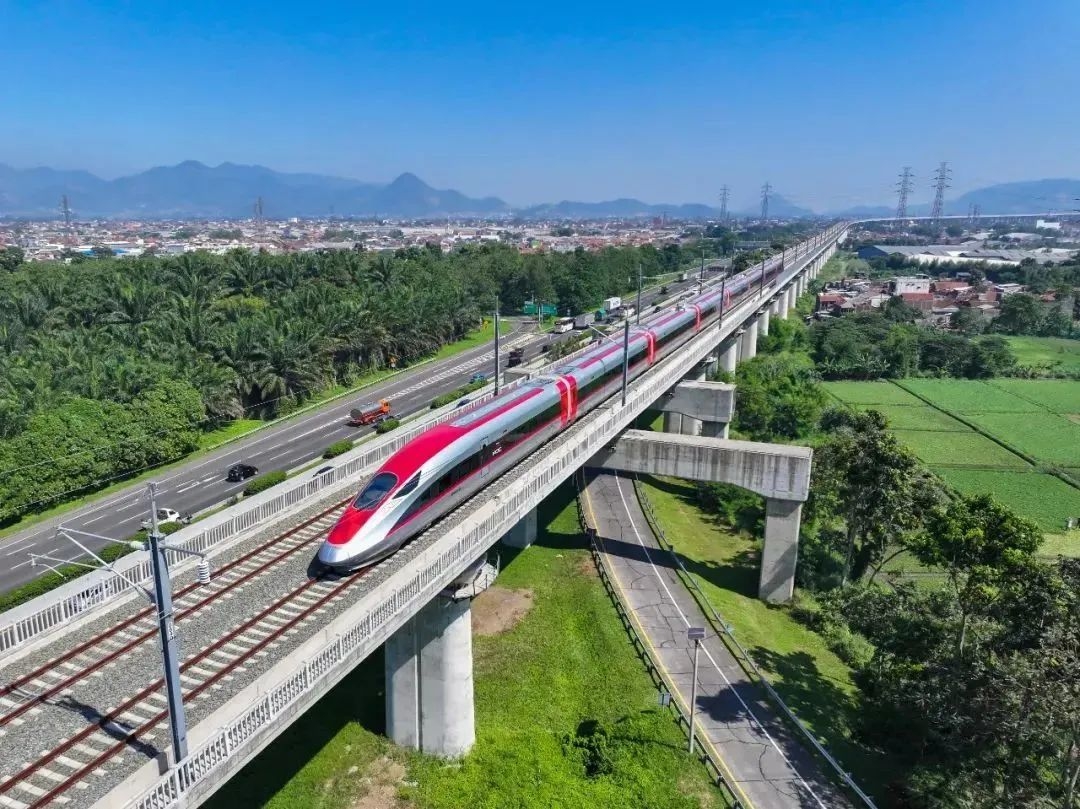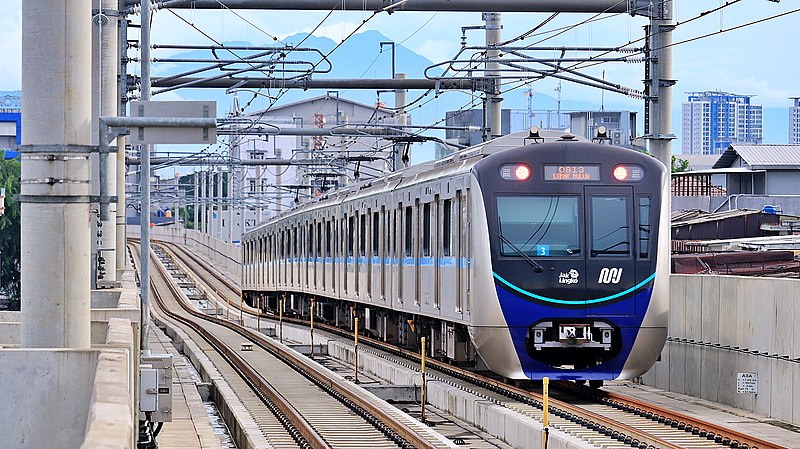Government officials from Japan have approved a US$900 million construction loan for the MRT East-West corridor in Jakarta, Indonesia. The Mass Rapid Transit (MRT) system project is operated by PT Mass Rapid Transit Jakarta (Perseroda). It currently operates on the first phase that was opened in March 2019, from Lebak Bulus to Bundaran HI. High levels of traffic congestion and leveraging inter-area connections between Jakarta and surrounding towns are the main motivators for this project. Furthermore, the air pollution brought about by rapid economic growth and population growth are factors that made the government push for a system that could reduce vehicle use while transporting large masses of people.
Cost and Construction Timeline
The total cost for the rail transit project is US$3 billion. Construction on the first phase will begin in 2026 and be competed by 2031. This is not the first project supported financially by Japan. In 2019, the North-South Line opened, a 16 kilometre line still under the MRT project. Moreover, Japanese technology will be used for the train and signalling systems.

“Infrastructure is the issue, and in the context of the National Strategic Project, this can be inter-area or regional. What is important is the investor is readily available, the project operator is also available and how it will operate is also clear. The ownership of the MRT operation is also clear. PT MRT is also clear,” explained Coordinating Minister for Economic Affairs Airlangga Hartarto when leading the coordination meeting.
Also read: Indonesia’s Longest Elevated Railway to be Completed by September 2024
Construction Phases
The Japan funded 84 kilometre MRT Jakarta project will take place in two phases. The first phase will connect Medan Satria with Kembangan through a 39.3 kilometre line. The second phase, connecting Balaraja-Kembangan to Medan Satria-Cikarang, will span nearly 50 kilometres. According to Airlangga Hartarto, the Coordinating Minister, the phases of this project will serve as a symbol of progress and innovation regarding the development of infrastructure in the country.
Project Partners
Project partners for this project are the Japan International Cooperation Agency (JICA), the Transportation Ministry, the National Development Planning Agency (Bappenas), and the DKI Jakarta administration. Additionally, the central government and other governments are committed to ensuring the procurement, implementation and operation of the MRT East-West corridor.
Minister Airlangga also pointed out that efforts will be made to make the development of the East-West MRT corridor faster. He noted that part of the National Strategic Project in response to the President’s direction that the entire National Strategic Project can be completed or at least reach financial closure and groundbreaking in the first half of 2024.
The Jakarta-Bandung High-Speed Railway
Late last year, the Jakarta-Bandung High-Speed Railway was unveiled in Indonesia. A new mode of transportation, the line provided a solution for the country’s high population crisis. The 143 kilometre line, named Whoosh, is the first of its kind in Southeast Asia. Trains on the line travel at speeds of up to 350 kph. This makes it the second fastest commercially operating network in the world. Previously, travel times on the pre-existing line between the cities Jakarta and Bandung, was 3 hours. Currently, it has been shortened to just 45 minutes. By February this year, the train had served 2 million passengers since commercial operation begun.
The total cost of the project was US$7.3 billion, funded largely by an Indonesian consortium. China Railway International however, funded 40 percent of the project after a long-standing bidding war with Japan. Despite Japan working closely with Indonesia since 2008, exporting Shinkansen high-speed railway technology to Indonesia, it was said that Indonesia allegedly chose to work with China because of their more relaxed financing option.

Also Read: First commercial Biomethane plant in Indonesia starts operation
Shortly after construction begun on the Jakarta-Bandung High-Speed railway, the government announced another 600-kilometre high-speed railway. It would’ve stretched from Jakarta to Surabaya. It was put into the national strategic project (PSN) by President Widodo however, due to lack of progress, the project was cancelled mid-last year.
